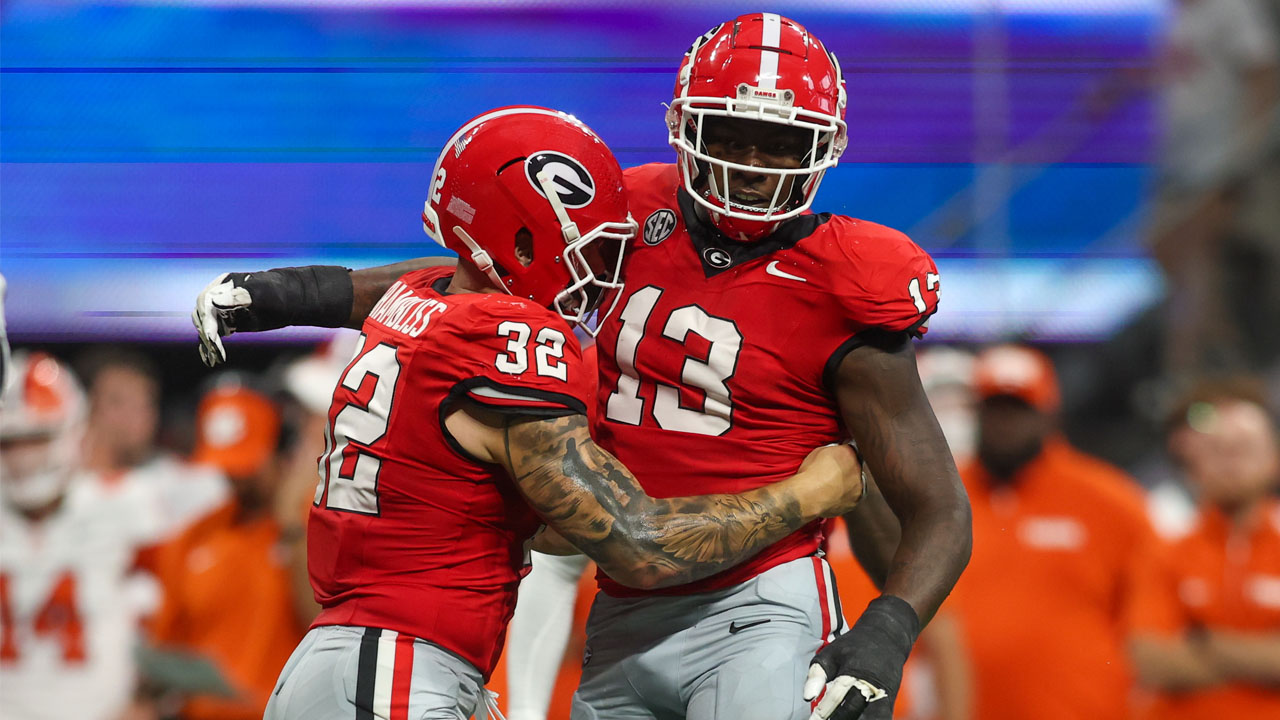Charles Woodson said he didn't know what to do.
The Raiders legend recalled a conversation he had after George Floyd, a 46-year-old Black man, died in Minneapolis police custody on Memorial Day. Floyd died after a white officer, who has since been fired and now faces murder and manslaughter charges, pressed his knee into Floyd's neck for nearly nine minutes.
Woodson, who is Black, said a white person he spoke to told him that Floyd "had some stuff in his past" and "wasn't really a good guy."
With our All Access Daily newsletter, stay in the game with the latest updates on your beloved Bay Area and California sports teams!
"I was listening to it and I just wanted to scream, man." Woodson told Nate Boyer, Logan Murdock and Monte Poole on the latest episode of NBC Sports Bay Area's "Race In America: A Candid Conversation," which airs Friday. "I was actually at my club, and I wanted to slam something on the table. I wanted to yell out, but I said, ‘No, let me just continue the dialogue.’"
Woodson said he "personally" hadn't heard that line of thinking in his own conversations before, but that it nonetheless represented an all-too-common portrayal of Black victims as criminals.
Snopes' Jessica Lee observed earlier this month that a Minneapolis police union official's letter alleging Floyd's "violent criminal history" later "inspired a wave of claims online" about Floyd, often used by people appearing to look for evidence that the officer's use of force was justified. Floyd had been arrested nine times from 1997 through 2007. A friend told the Associated Press that Floyd returned home to Houston's Third Ward "with his head on right" after being paroled on a robbery charge in 2013, and Floyd became a mentor in his religious community before later moving to Minneapolis.
Modern news outlets often report, and even focus, on Black victims' recorded or alleged criminal pasts. Woodson argued this framing is largely irrelevant to the incidents that prompt such investigations, rhetorically asking what details would be relevant to a white parent if their child was shot by police.
NFL
"You don’t want to hear about your son stole some licorice or something from the store," Woodson said. "You’re just worried about your kid, and how your kid ended up shot.”
[RELATED: Kerr surprises Black Lives Matter activists in Oakland]
Historian Arica L. Coleman wrote for Time in 2016 that the framing of Black victims of police often evokes late-19th to mid-20th century portrayals of lynching victims, noting that press at the time commonly referenced victims' alleged criminal backgrounds in order to justify the extrajudicial killings. Woodson also sees parallels between modern America and its racist past.
A past that Woodson, as well as countless others demonstrating and speaking out, contends the country has not outgrown.
"They try to disassociate our time now in 2020," Woodson They try to disassociate it with the times before because they’re like, ‘Oh, no, that stuff still doesn’t happen.’ But we see it every day on television. Every day we can see something like that happening, and people still don’t want to agree with it."
[RACE IN AMERICA: Listen to the latest episode]


